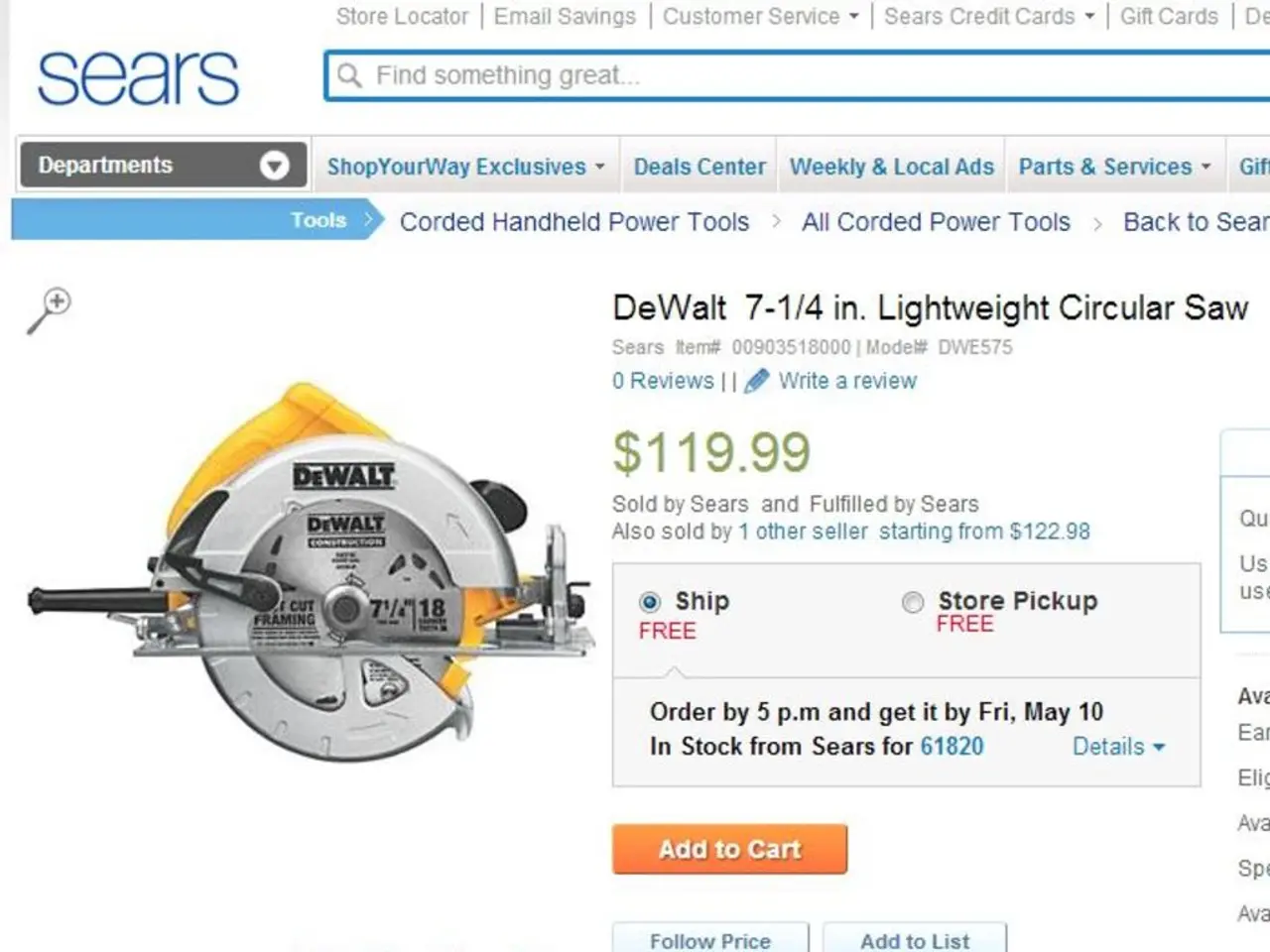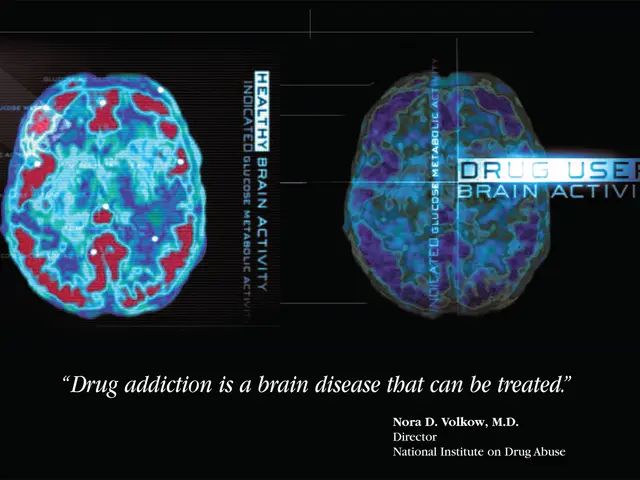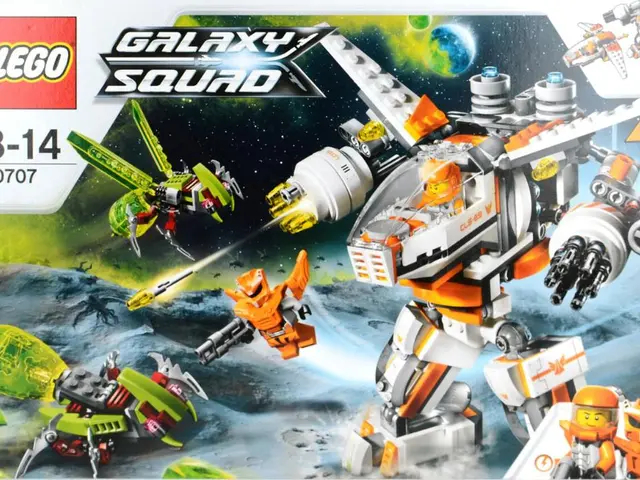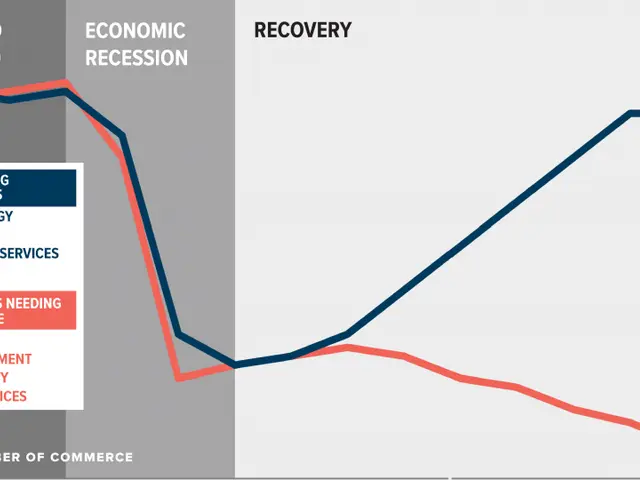Battle between AI-based browser and Google: competition shaping the internet's future
In a bold move that could fundamentally disrupt the browser market, AI startup Perplexity, led by CEO Aravind Srinivas, has officially offered Google $34.5 billion to buy the Chrome browser. This offer, made public in September 2025, positions Perplexity as a potential future gatekeeper of the internet for over 3 billion users.
Perplexity's offer comes as part of a larger strategy to challenge Google's dominance in the tech industry. The company's AI browser, Comet, has been making waves in the tech world, with some analysts describing it as a combination of chatbot, internet search, and AI agent.
Comet, currently in the testing phase, includes a native AI search with direct answers, a sidebar assistant for analyses, emails, and context, and long-term memory across tabs and sessions. With this browser, users can perform complex, multi-stage research directly on websites, summarize articles, fill out forms, book meetings or restaurants, and more—all without leaving the browser.
The acquisition of Chrome could provide Perplexity with access to 3.5 billion users, representing 65% of all internet users. This move could disrupt both core components of Google's business model, including the classic browser and search engine.
Google, however, is unlikely to accept the takeover offer. Despite this, the offer has made a significant impact in the territory of Google's powerful rival. The future of the web is at stake, with Perplexity aiming to dominate it with its AI agent browser.
Meanwhile, the antitrust case against Google in the US continues, with a judge considering the separation of Chrome as a possible remedy. If this were to happen, Perplexity's offer could become a viable solution for Google, providing a lucrative exit strategy while maintaining its influence in the tech industry.
As the tech landscape evolves, the role of AI in the customer journey is becoming increasingly important. Verena Grundel, the Director of Brand & Communications and a member of the management board at Perplexity, has been thinking about this issue. She is the official host of DMEXCO, a leading global business festival for digital marketing, innovation, and future-oriented technologies.
Grundel believes that the future of internet use might be about tasks, context, and intention, with AI-based agent browsers replacing the classic browser. Information search, planning, and execution might merge into one surface with the new generation of browsers. A new term for AI browsers may be developed due to their goal of eliminating browsing rather than improving it.
OpenAI, another player in the AI browser market, is working on an AI browser based on the open-source web browser project Chromium. While details about this project are scarce, it is expected to leverage the technology behind ChatGPT, allowing the browser to be controlled by voice or text.
As the battle for the future of the internet unfolds, one thing is certain: the browser market is on the brink of a seismic shift. Whether Google will accept Perplexity's offer remains to be seen, but one thing is clear—the future of the web is in the hands of those who innovate and dare to challenge the status quo.








